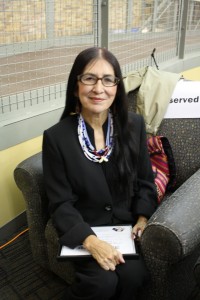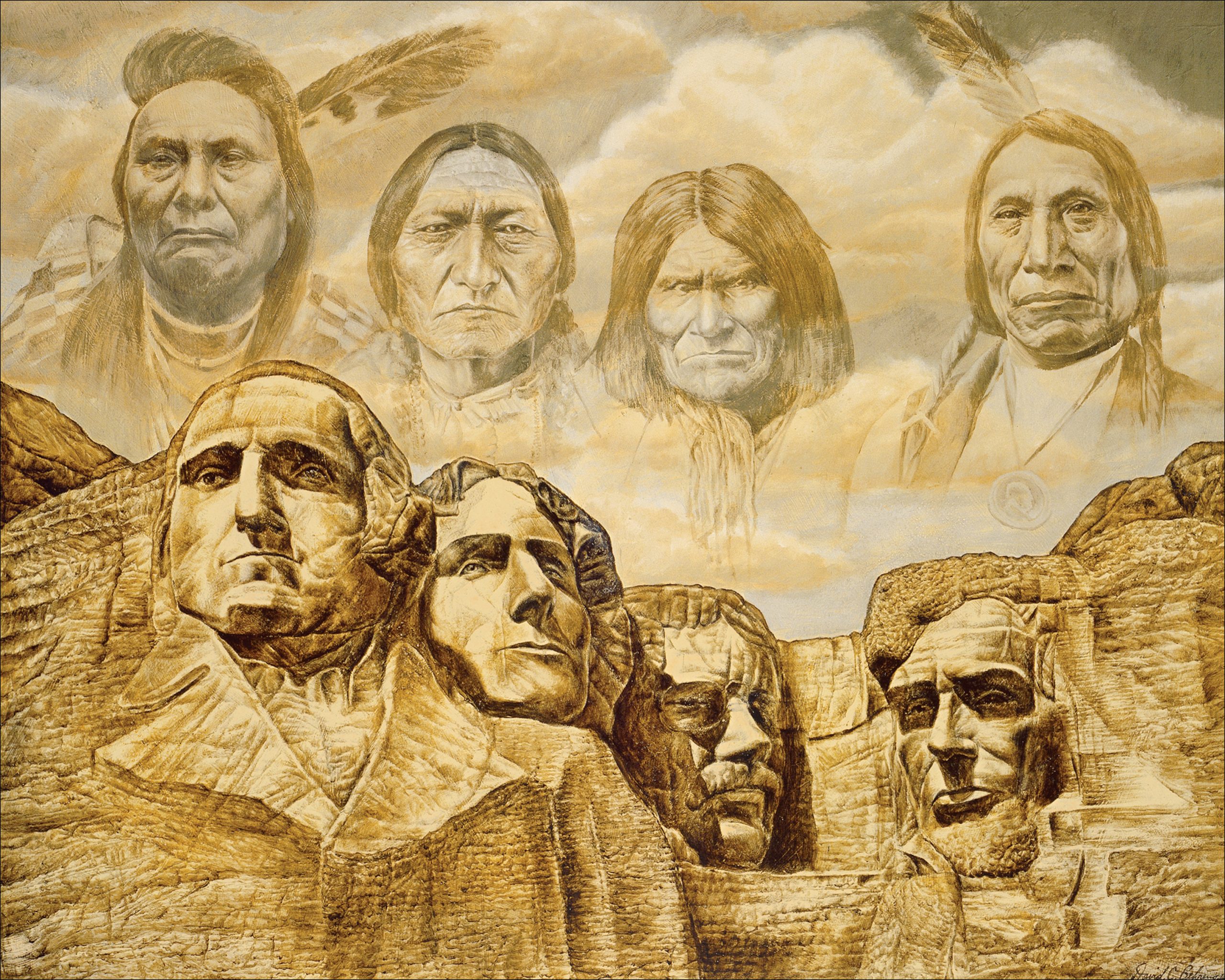This year’s Building Bridges Conference topic is “Unresolved Conflict: Remembering Our Forgotten History.” This topic is particularly relevant to the sesquicentennial year because of the historical Native American events that happened on the same year in history. This conference will delve into Native American history by both addressing the issues Native American communities have faced, specifically the impact of colonization, and celebrating the culture. The conference will take place on March 10, 2012. Co-Chairs Irma Marquez and Tasha Ostendorf have been working hard since May 2011 to make this a memorable event.
“The topic is especially relevant because the College opened its doors the same year that the largest mass hanging in history occurred in Mankato, Minn. It is the 150th anniversary for both of these events and they both deserve to be focused on,” Ostendorf said. “Although the sesquicentennial of our college is important, we can’t just focus on celebratory activities when something big happened just down the road that same year.”
This topic is also important to the audience as residents of Minnesota, which has a high concentration of Native American tribes. There are 11 federally recognized Native American Tribes in the state of Minnesota.
“Everywhere you go in Minnesota has some connection to the Native Americans that were living here for so many years before we even got here. So much of what we learned about in Native American history occurred in places like Minnesota and yet there is so little present today to represent that history,” Building Bridges member Junior Kate Redden said.
The conference aims to raise awareness about an issue that is essentially invisible in both the media and the public school system. By recognizing the issues that Native Americans have faced and are still facing today, we can better understand the monumental value of their culture.
“Once in a while you will hear something about Native Americans in the news, but ninety percent of the time you will not hear anything about that issue. Things are still not right. This is a conference that brings awareness and as long as we can start a conversation about these issues, we will have done something right,” Marquez said.
“People are hardly taught anything accurately about Native American history through the public school system. The history classes barely even touched on the Native Americans even though Minnesota is one of the biggest places for Native American tribes,” Ostendorf said. “So many people don’t get taught what they need to know.”
Although the conference is going to cover past events within Native American history, Marquez and Ostendorf want to stress the importance of recognizing the issues of the past while acknowledging the things Native Americans deal with in the present as well.
“People usually only think about Native Americans as a culture of the past, but what many have forgotten about is that they are still here and they are a definitive and important part of our societies today. They’re not people from the past, but we keep thinking of them as so far away in history,” Marquez said.
Co-Chairs Ostendorf and Marquez hope that students will see the importance of learning about these issues through many different viewpoints and that they will be inspired to learn more.
“You have to be active in what you’re learning—this topic is a good example of how events are skewed, but people don’t even question it. Don’t assume everyone is going to keep you in the ‘know,’” Ostendorf said.
“I hope people become aware of the privilege that has come from all the struggles Native Americans have gone through. We take many things for granted that were not ours to begin with. I don’t think Native Americans are given the respect and honor that they should be given. We need to educate ourselves about our history and celebrate all the vibrant Native American cultures around us,” Marquez adds.
This year’s keynote speaker, Native American activist Charlotte Black Elk, will be addressing the impacts of the Constitution on Native American culture in her lecture. Black Elk is of the Oglala Lakota and is an advocate for the Lakota people.
“We chose Charlotte Black Elk because she brings a broad introduction that everyone will be able to follow, no matter what your level of knowledge on this subject is,” Ostendorf said. “Some attendees are going to know things about Native American culture, but a lot are not going to know anything at all. She is not afraid to address the important issues, but she also has a good way of approaching them.”
The highlighted workshop speaker for the conference is John Trudell, who will speak about his experience as one of the main leaders of the Native American Movements.
“We chose John for this spot because he is such a prominent figure and he has a policy changing view about the issues at hand. He has been in numerous movies and he is a talented musician and writer—he will really be a great addition to the conference,” Marquez said.
The conference will also feature six other workshop speakers throughout the day, as well as an action piece where attendees will be able to share their own stories through a story recording session.
Keynote Speaker: Charlotte A. Black Elk

Charlotte A. Black Elk is a political and environmental American Indian activist. She is of the Oglala Lakota, and is the great-granddaughter of the holy man Nicho- las Black Elk. She is well-known in recent years for her role as the primary advocate for the Lakota peoples re- garding the protection of the Black Hills Land Claim.
